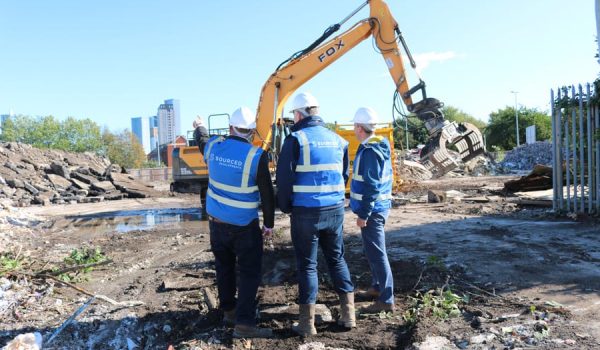Buying property differs between countries – considerably, in some cases. Between Scotland and England, for example, the house bidding and buying process is different. Even when you’ve successfully bought it, there are legal implications to consider, especially if you’re considering altering the property by adding on an extension or converting the loft etc.
The following are a taster of some of the basic rules and regulations when it comes to investing in UK property:
Buying a property
It’s essential to know the location in which you intend to buy, especially if you intend to rent it out, since it will have to appeal to your target market i.e. young professionals or families etc.
Before putting in an offer to buy, it’s important to do due diligence e.g. get a survey carried out, check the title of the property and speak to the freeholder or managing agent (if it’s a flat you’re buying). You’ll also need a letter from a mortgage lender (if you’re not paying cash). Both parties sign a contract and ‘exchange’ them. At this point, you’ll pay a deposit (around 10%). It could take around one month for completion, at which point you pay the remainder of the cost of the property and the property title is transferred into your own name.
It’s worth noting that until the contracts are signed and exchanged, it’s possible to be gazumped in England (but not in Scotland). However, there are ways to secure a property, which we can inform you about at sourced.
Renting out a property
If you earn an income from renting out a property in the UK, then you’ll be liable to pay income tax – regardless of where you live. If you’re buying as an individual, then the basic rate is 20%. If you’ve purchased as a limited company, then you’ll pay corporation tax (which is less expensive). The tax can be offset by various expenses such as repairs, insurance and management fees. Also, residents of Commonwealth countries (Canada, Australia) as well as the EU can apply for a personal allowance exemption (currently £11,800).
Refurbishing a run-down property
If you plan to make any changes to the outside of the building of the property you’ve just purchased – or to knock down any internal structural walls – then you will need written planning permission from the local authority’s Building Control officers.
If your property is listed as being of historic or special architectural interest, then it’s even tougher to alter it. You would need to apply to the planning authority for Listed Building Consent, who in turn contact English Heritage for the final say (even if, for instance, you just wanted to change the colour of the window frames). Failure to comply with these regulations mean a hefty fine, repair work and even a prison sentence if it’s all deemed serious enough.
Property that is in a designated conservation area also requires special permission for external changes such as putting on a new roof, altering the cladding or even cutting down a tree in the garden.
And that’s why, if you are a foreign national considering buying a property in the UK, we would always advise that you speak to someone like ourselves who are well-versed in planning and property guidelines and regulations.



